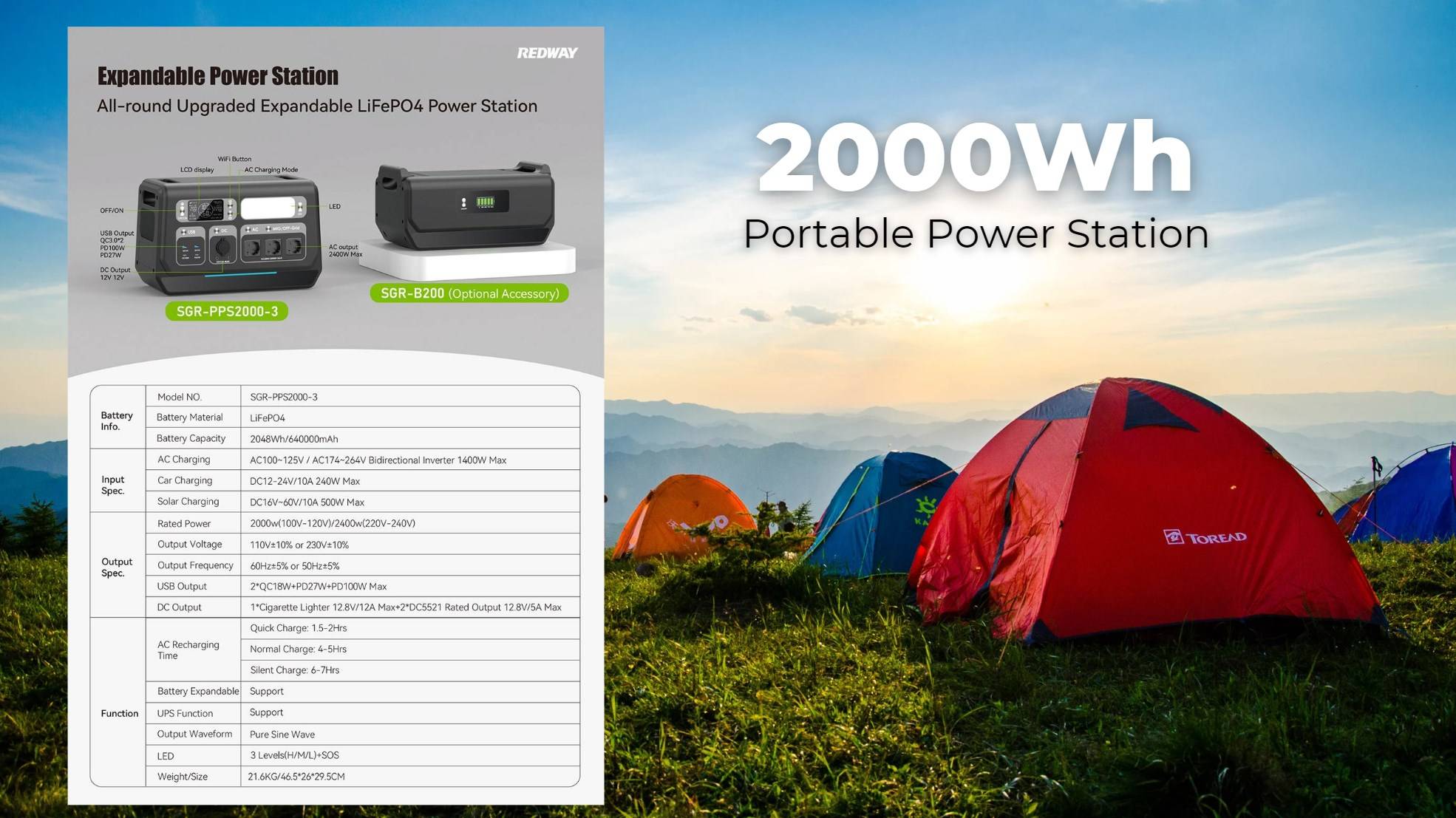Lithium-ion solar generators provide a sustainable and portable energy solution, harnessing the power of the sun to generate electricity. Understanding their components, benefits, and selection criteria can help you make informed decisions for your energy needs. This guide explores the essentials of lithium-ion solar generators and how they can enhance your energy independence.
What are lithium batteries?
Lithium batteries are rechargeable energy storage devices that utilize lithium ions in their electrochemical processes. Known for their high energy density and lightweight design, these batteries are commonly used in a variety of applications, including consumer electronics and renewable energy systems.
| Specification | Value |
|---|---|
| Voltage | Typically 3.6 – 3.7 volts |
| Energy Density | Higher than lead-acid and nickel-cadmium |
| Lifespan | Generally 500 to 1500 charge cycles |
What are the benefits of lithium batteries?
The benefits of using lithium batteries include:
- High Energy Density: They store more energy relative to their size compared to traditional battery technologies.
- Long Lifespan: Capable of lasting several years with proper care and maintenance.
- Low Self-Discharge Rate: Retain charge effectively when not in use.
- Fast Charging: Can be charged quickly compared to other battery types.
| Benefit | Description |
|---|---|
| High Energy Density | More energy stored per unit weight |
| Long Lifespan | Extended usage life |
| Low Self-Discharge | Maintains charge longer |
| Fast Charging | Reduced charging time |
How do lithium batteries compare to other types?
When compared to other battery types, such as lead-acid and nickel-cadmium, lithium batteries offer significant advantages:
- Weight: Lithium batteries are lighter, making them ideal for portable applications.
- Efficiency: They have higher efficiency rates and lower self-discharge rates.
- Cycle Life: Lithium batteries can withstand more charge cycles before degradation occurs.
| Comparison Factor | Lithium Batteries | Lead-Acid Batteries | Nickel-Cadmium Batteries |
|---|---|---|---|
| Weight | Lighter | Heavier | Moderate |
| Efficiency | Higher | Lower | Moderate |
| Cycle Life | Longer | Shorter | Moderate |
What is a solar generator?
A solar generator is a portable power system that converts sunlight into electricity using photovoltaic (PV) panels. It typically includes an inverter to convert direct current (DC) from the panels into alternating current (AC) for powering devices, along with a battery for energy storage.
How does a solar generator work?
Solar generators work by capturing sunlight through PV panels, which generate DC electricity. This electricity is then used to charge an internal battery or directly power devices. When sunlight is not available, users can draw power from the stored energy in the battery.
What are the advantages of using a solar generator?
Advantages of using a solar generator include:
- Renewable Energy Source: Utilizes sunlight, reducing reliance on fossil fuels.
- Environmentally Friendly: Solar generators produce no emissions during operation.
- Quiet Operation: Unlike gas-powered generators, they operate silently.
- Low Operating Costs: Once purchased, operational costs are minimal since sunlight is free.
| Advantage | Description |
|---|---|
| Renewable Energy Source | Reduces reliance on fossil fuels |
| Environmentally Friendly | No emissions produced |
| Quiet Operation | Operates silently |
| Low Operating Costs | Minimal costs after initial purchase |
What factors should you consider when selecting a solar generator?
When choosing a solar generator, consider:
- Power Output: Ensure it meets your device’s wattage requirements.
- Battery Capacity: Look for sufficient storage capacity (measured in watt-hours) to last through outages or extended use.
- Portability: Assess weight and size for ease of transport.
How do different solar generators compare in terms of capacity?
Solar generators vary significantly in capacity:
- 500W Generators: Suitable for small appliances like laptops, lights, and small fans.
- 1000W Generators: Can power larger devices such as refrigerators or multiple smaller devices simultaneously.
- 2000W Generators: Designed for heavy-duty applications including power tools and larger appliances.
| Generator Capacity | Typical Applications |
|---|---|
| 500W | Laptops, lights, small fans |
| 1000W | Refrigerators, multiple small devices |
| 2000W | Power tools, larger appliances |
Buy Wholesale Battery Tips
For those considering wholesale purchases of batteries or related products, partnering with a reliable manufacturer like Redway Battery, known for its extensive experience in lithium battery production, is crucial. To make OEM orders effectively:
- Define your specifications clearly.
- Communicate regularly with the manufacturer throughout the process.
- Ensure compliance with safety standards.
Industrial News
Recent advancements highlight significant growth in the portable power sector as consumers increasingly seek sustainable solutions like solar generators. Innovations in battery technology continue to enhance performance and efficiency in this sector.
Redway Expert Views
“Investing in quality solar generators not only provides reliable power but also contributes positively to environmental sustainability,” states an expert from Redway Battery.
FAQ Section
- What can I power with a solar generator?
You can power small appliances like laptops, lights, phones, and other low-wattage devices. - How long does it take to charge a solar generator?
Charging times vary based on panel size and sunlight conditions but generally range from several hours to a full day. - Are there maintenance requirements for solar generators?
Most require minimal maintenance; however, keeping panels clean and checking connections periodically is recommended.



